Thymo, also known as thymol, is a natural compound found in various plants, with thyme being one of the most notable sources. Thymol is renowned for its wide range of health benefits and therapeutic properties. It possesses antiseptic, antimicrobial, antifungal, and antioxidant properties, making it a valuable component in traditional medicine, modern healthcare, and even culinary practices.
With a distinctive aromatic scent, thymo is often used in essential oils and herbal preparations. It has been recognized for its effectiveness in supporting respiratory health, particularly in alleviating symptoms of cough, congestion, and even bronchitis. Thymol’s antimicrobial properties make it an excellent natural remedy for disinfecting surfaces, promoting oral hygiene, and supporting the immune system.
Uses & Health Benefits:
Thymol, a natural compound present in thyme and other herbs, offers numerous health benefits due to its antimicrobial and therapeutic properties. Here is a comprehensive list of key benefits associated with thymol:
- Antimicrobial Power: Thymol is known for its strong antimicrobial properties, making it effective against various bacteria, fungi, and parasites.
- Respiratory Health: It can help ease respiratory issues like coughs, bronchitis, and congestion due to its expectorant and antispasmodic qualities.
- Digestive Aid: Thymol supports digestion by promoting the secretion of digestive juices and relieving gas and bloating.
- Oral Health: Thymol’s antiseptic properties contribute to oral health, preventing infections and reducing bad breath.
- Antioxidant Activity: It acts as an antioxidant, helping to neutralize harmful free radicals in the body.
- Anti-Inflammatory: Thymol has anti-inflammatory effects that may be beneficial for conditions like arthritis and inflammatory bowel diseases.
- Immune System Support: Its immune-stimulating properties can strengthen the body’s defense mechanisms.
- Pain Relief: Thymol’s analgesic properties can alleviate pain and discomfort.
- Skin Health: It can be used topically for skin conditions due to its antiseptic and anti-inflammatory nature.
- Heart Health: Thymol may help lower blood pressure and support cardiovascular health.
- Antifungal Effects: It demonstrates antifungal activity, making it useful in addressing fungal infections.
- Neuroprotective: Thymol has shown potential in protecting nerve cells and supporting brain health.
- Aromatherapy: It is utilized in aromatherapy for its soothing and calming effects on the mind.
- Natural Preservative: Thymol’s antimicrobial properties make it a natural food preservative and additive.
- Insect Repellent: It can be used as a natural insect repellent due to its strong scent.
How to Use?
Thymol is a natural compound found in thyme essential oil with strong antiseptic, antimicrobial, and antifungal properties. It can be used in various ways, both medicinally and domestically. Here are some common methods of using thymol:
1. Disinfectant and Cleaning Agent:
- Surface Cleaner: Add a few drops of thyme essential oil containing thymol to a spray bottle filled with water. Shake well and use it to clean and disinfect surfaces in your home.
- Air Freshener: Mix thymol with water in a spray bottle to create a natural air freshener that also has antimicrobial properties.
2. Oral Care:
- Mouthwash: Dilute a drop of thyme essential oil in a glass of warm water to make a natural mouthwash. Gargle with this solution to help reduce bacteria and freshen breath. Do not swallow.
- Toothpaste Additive: Add a drop of thymol-rich thyme essential oil to your regular toothpaste to enhance its antibacterial properties.
3. Skin Care:
- Acne Treatment: Dilute thymol in a carrier oil (such as coconut oil or jojoba oil) and apply it to acne-prone areas to help reduce inflammation and kill acne-causing bacteria.
- Wound Disinfectant: Apply a diluted solution of thymol to minor cuts and scrapes to prevent infection and promote healing.
4. Respiratory Relief:
- Steam Inhalation: Add a few drops of thyme essential oil to a bowl of hot water. Cover your head with a towel and inhale the steam to help relieve congestion and respiratory issues.
- Chest Rub: Mix thymol with a carrier oil and apply it to the chest and throat to help alleviate coughs and colds.
5. Antifungal Treatment:
- Foot Soak: Add a few drops of thymol to a basin of warm water and soak your feet to treat and prevent fungal infections like athlete’s foot.
- Nail Treatment: Apply diluted thymol directly to affected nails to combat fungal infections.
Safety Precautions:
- Dilution: Always dilute thymol with a carrier oil or water before applying it to the skin to avoid irritation.
- Patch Test: Perform a patch test on a small area of skin to check for any allergic reactions before widespread use.
- Avoid Ingestion: Thymol should not be ingested in its pure form as it can be toxic. Use products formulated for internal use if needed.
- Pregnancy and Children: Consult a healthcare professional before using thymol if you are pregnant, nursing, or planning to use it on children.
Note:
The information is for educational purposes only. This information has not been evaluated by the Food and Drug Administration.
This information is not intended to diagnose, treat, cure, or prevent any disease.

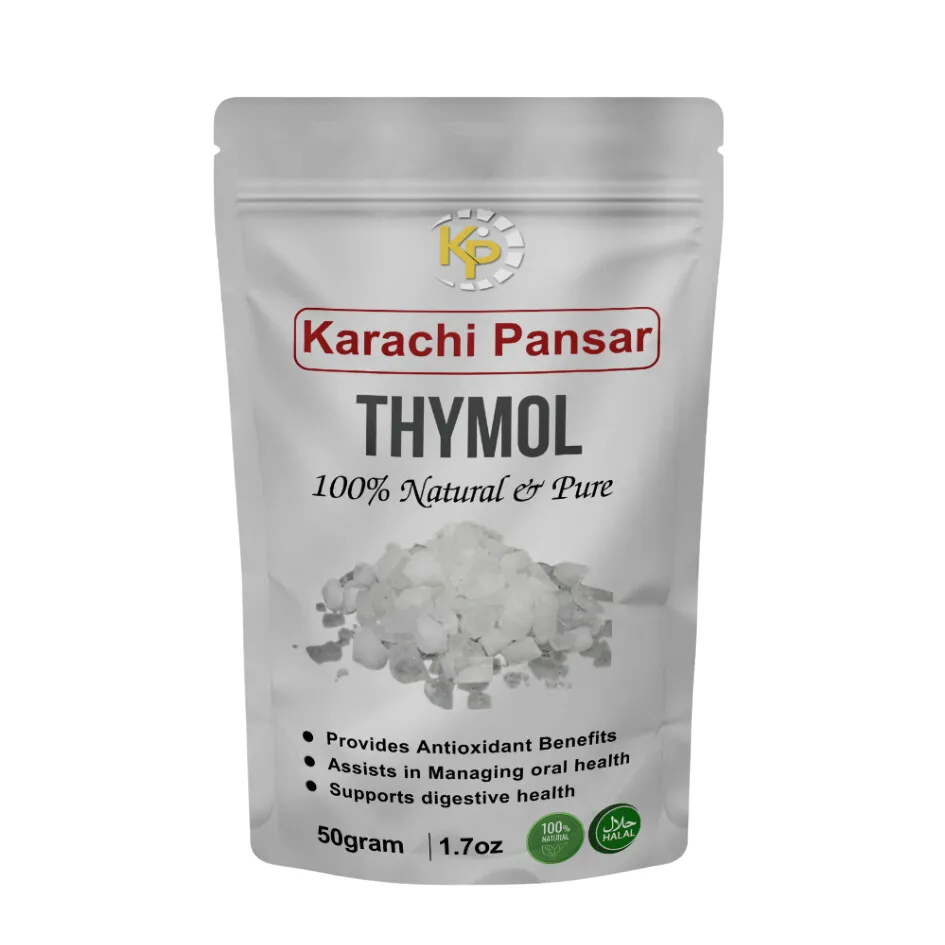
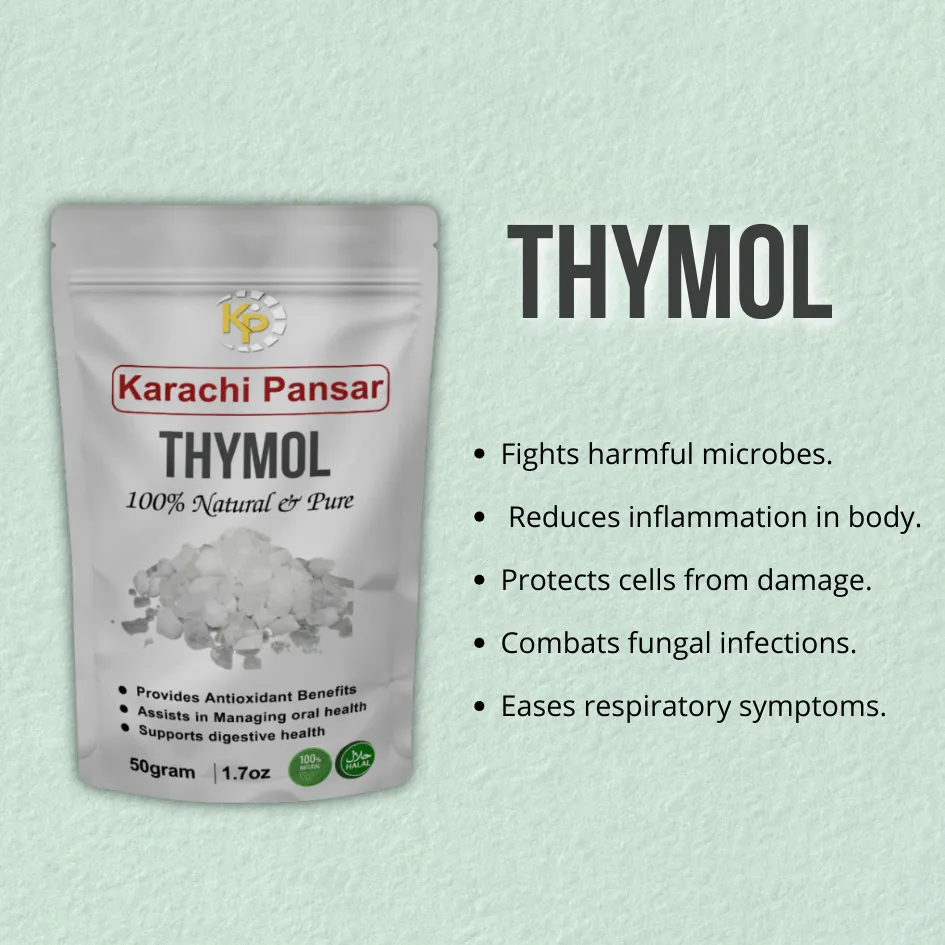
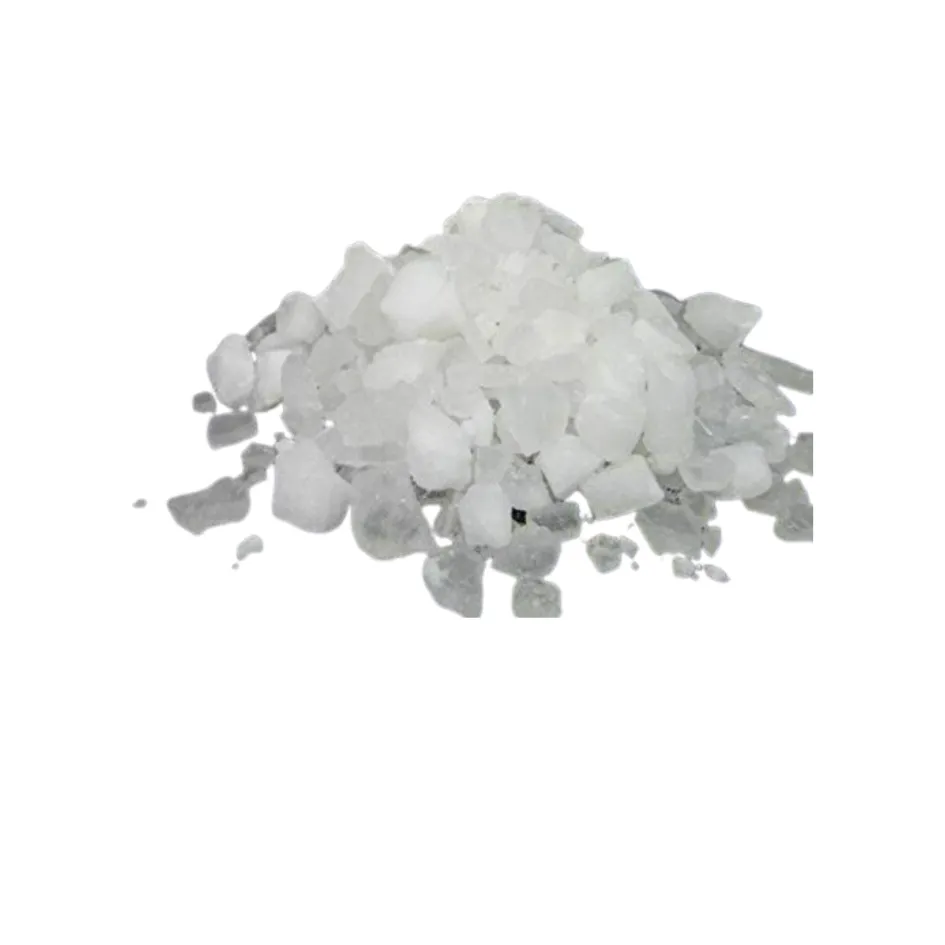
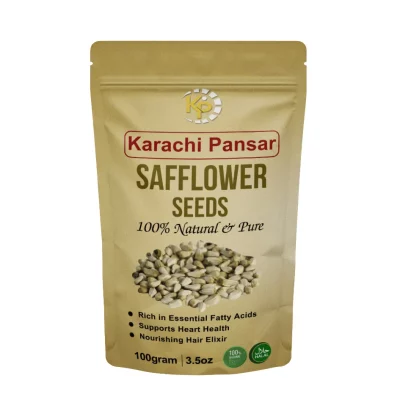
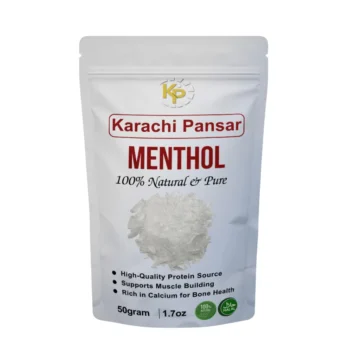

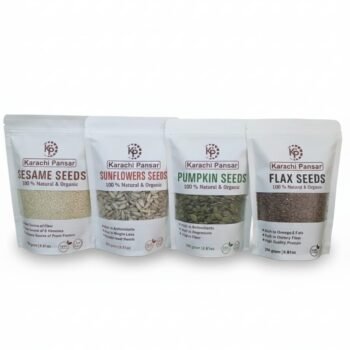


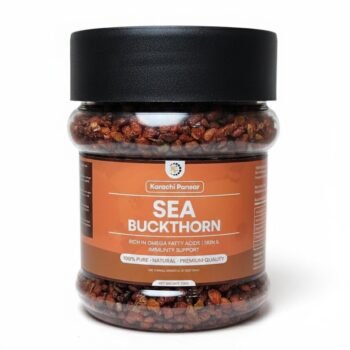












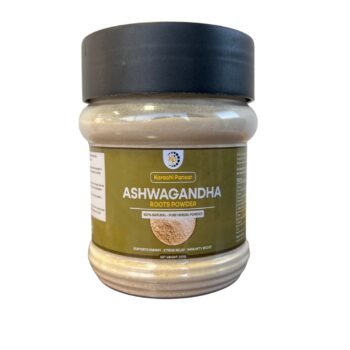






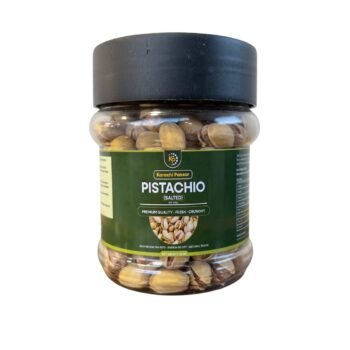






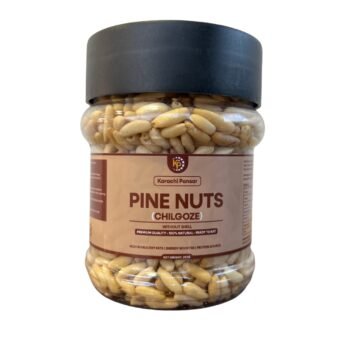

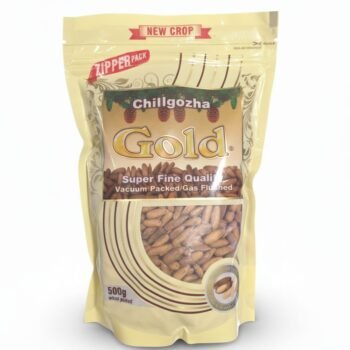







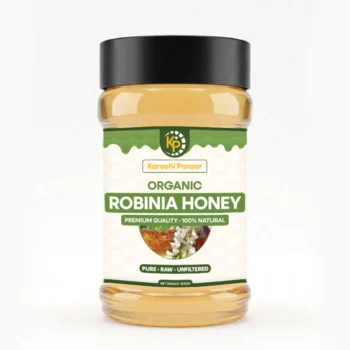







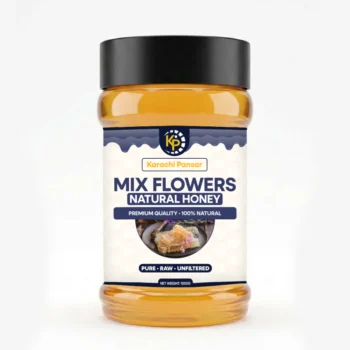






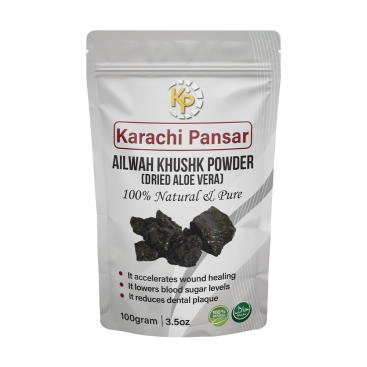


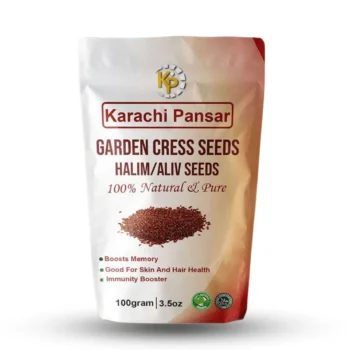

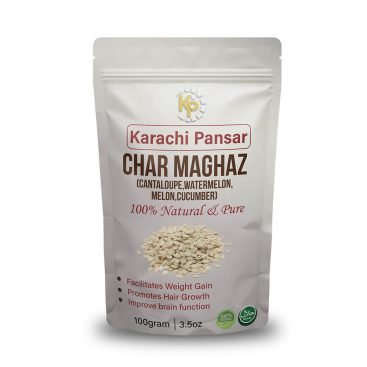
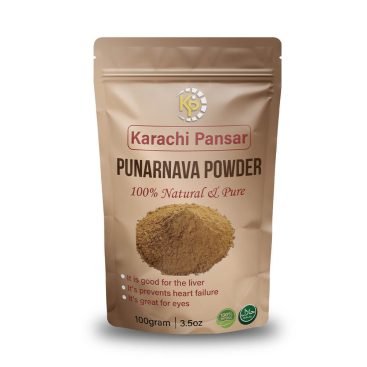


Warda Khan (verified owner) –
“Very pleased with my purchase.”